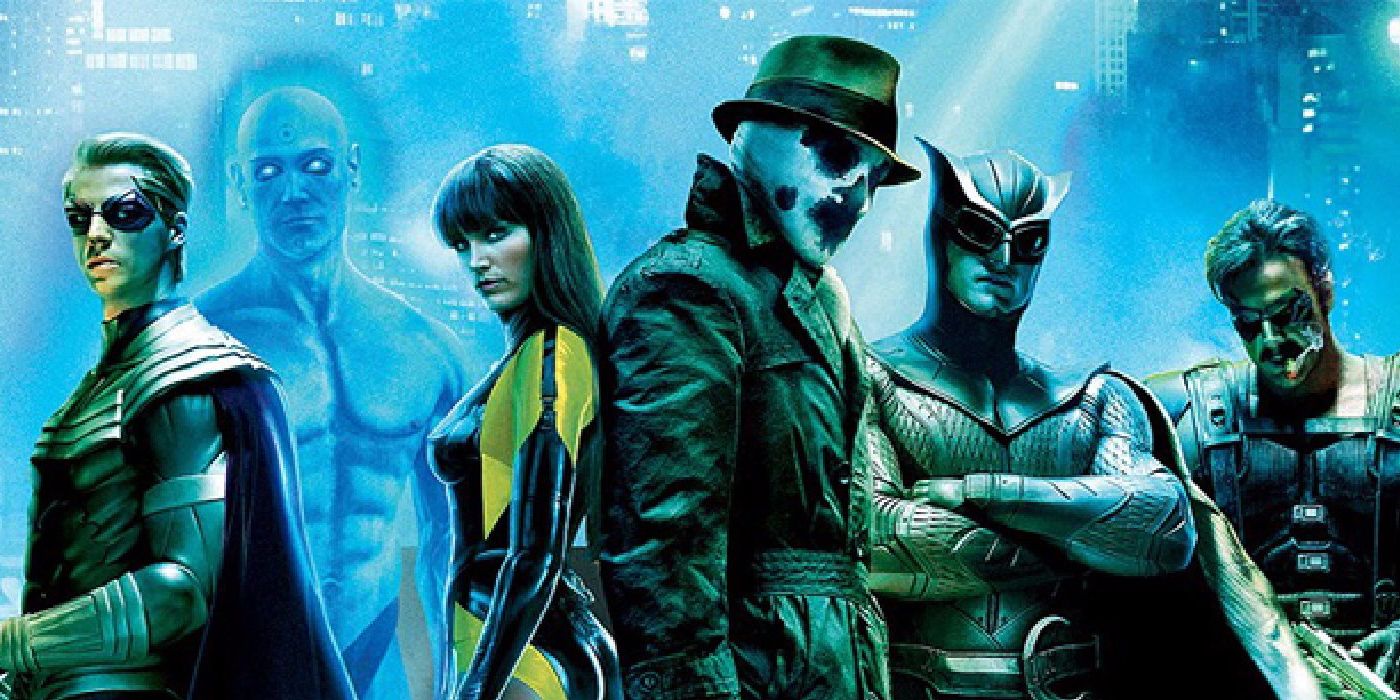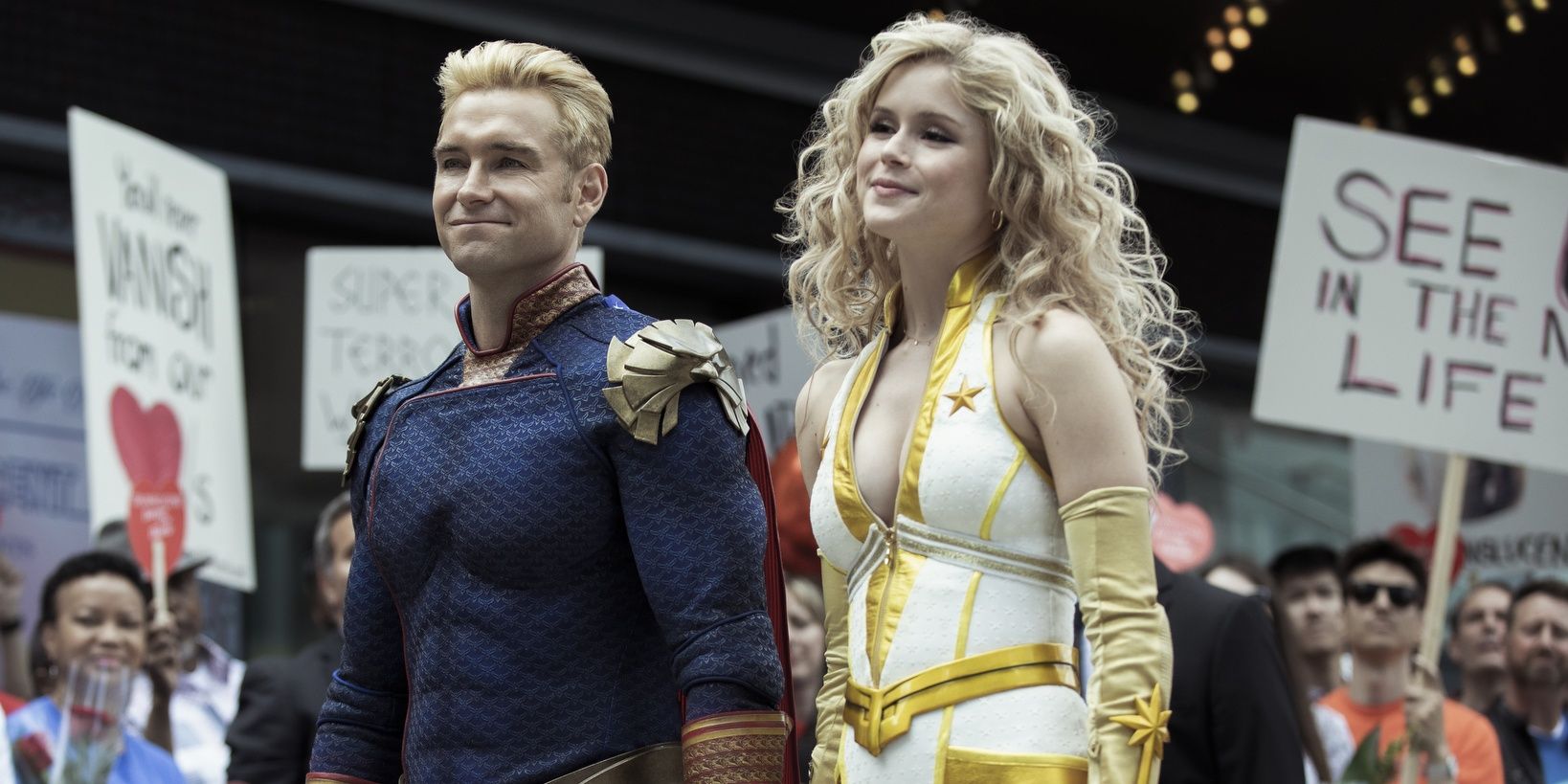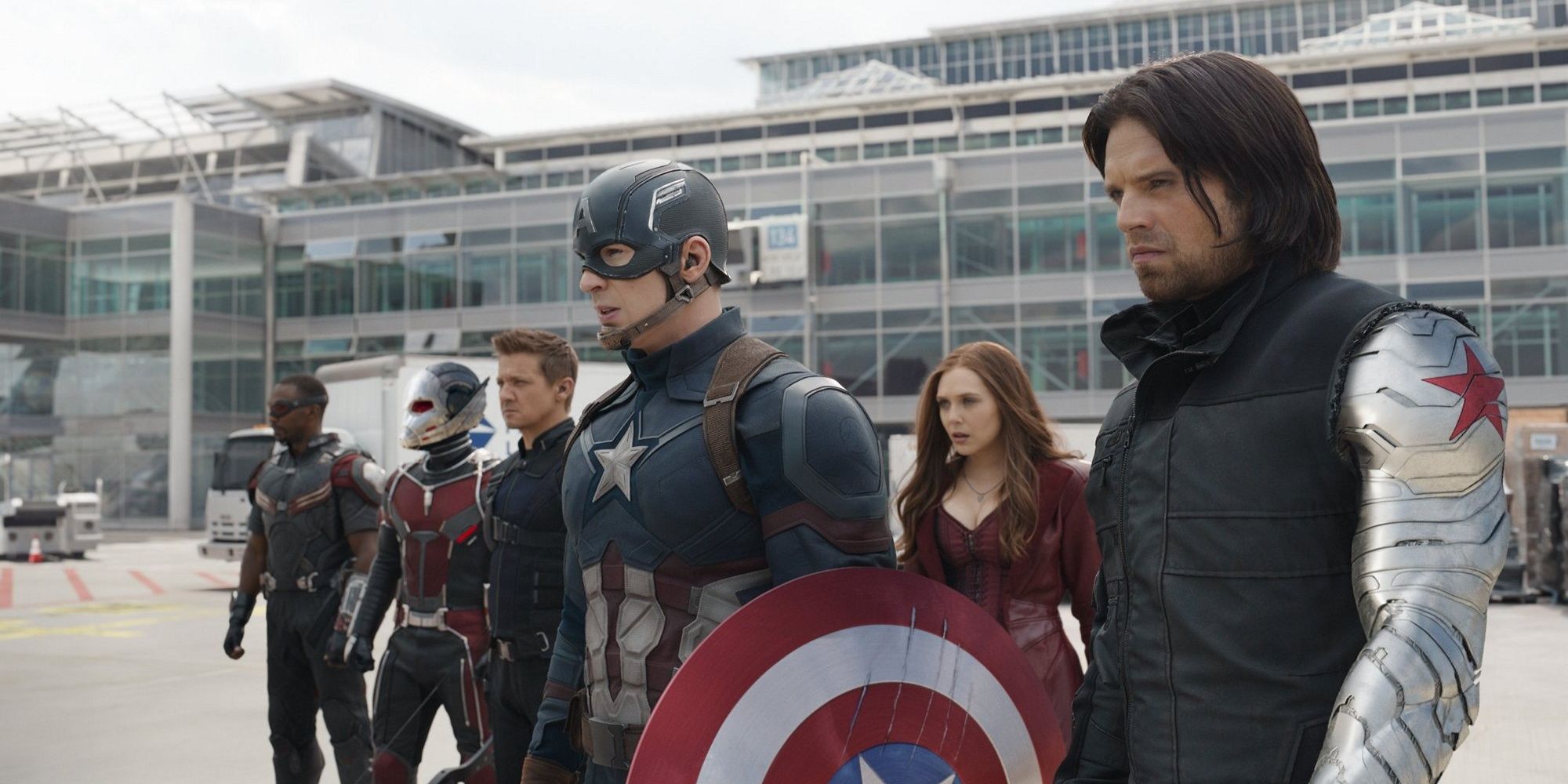Everyone loves a classic superhero story. Criminals, aliens, demons, evil businessmen, or unspecified monsters attack the innocent, so a person in a silly outfit flies in to save the day. There didn't have to be anything else to it, people were happy with that formula. However, since the early days, writers have been questioning the implications of these fun stories and winding up with something else entirely.
Genre deconstruction is the process of looking at common traits across a specific storytelling genre and laying bare their weirdest elements. Exploring the contradictions within accepted shorthand allows the authors to create art in conversation with the art that inspired them. Capepunk represents the blanket approach to deconstructing superhero storytelling.
Capepunk, named in the same tradition as cyberpunk and its many offspring, is a subgenre that covers in-universe satire of superhero stories. Most Capepunk tales are based around superheroes that primarily exist as living commentaries on other superheroes. In the early days, Capepunk writers needed to use knock-offs of popular characters, rather than telling subversive stories about beloved figures. Regular stories in the genre take place in a heightened reality in which anything could happen. The mainline DC and Marvel universes are impossible worlds in which every manner of fiction is and has always been true. Capepunk stories typically introduce their complicated heroes into an otherwise grounded reality. They're more likely to use anti-heroes, complex villains, and characters who are unhappy with their roles. Capepunk makes frequent use of the Bystander Action-Horror Dissonance trope. The subgenre has slowly grown in influence, gradually influencing all superhero media.
The credited king of Capepunk is Alan Moore. Though he's most famous for his groundbreaking 1985 classic Watchmen, Moore actually broached Capepunk a few years earlier. Marvelman was a 1954 creation of Mick Anglo, who sought to find an English alternative to both Superman and Shazam, known then as Captain Marvel. The character was around for nine years, but a change in English law resulted in American comics being imported, effectively killing the local publishers. Alan Moore was a fan, and he finally got his chance with the character in the 80s, but he had to change the name. Alan Moore's Miracleman imagined an adult Michael Moran struggling to maintain his marriage with his superhero identity in his head. Neil Gaiman would later take over, continuing to innovate through deconstruction. Miracleman was subversive and hugely popular, leading to a new era of clever twists on the theme.
In the modern era, superhero movies are ubiquitous and inescapable. The big franchises seem to own the movie theaters, dominating so much of the cultural conversation that most other quality cinema is drowned out. As a result, there's something of a cottage industry of superhero films that don't fit the traditional model. M. Night Shyamalan's last great film Unbreakable is an early example, demonstrating the downsides of superheroes in a dark and realistic world. James Gunn, now the head of the DCU, made his answer to the concept in Super. Peter Berg cast Will Smith in Hancock, which was still moderately groundbreaking despite depicting yet another morally questionable Superman. Chronicle gives a trio of teens telekinesis and watches things go horribly wrong. Brightburn went straight for the jugular by redoing Superman's backstory before revealing the new Clark Kent knock-off to be a super-serial killer. It's getting a bit too common to be novel at this point, especially when the big guys try it.
As the Marvel Cinematic Universe and the DC Universe continue their never-ending march, their straightforward superhero antics take on more Capepunk qualities. Each entry varies, but something like Captain America: Civil War happily lives in the subgenre. That film set out to introduce more grounded world-building to the MCU, forcing the characters and the audience to reckon with the implications of the Avengers. Zack Snyder's DCEU was even more reliant on those tropes. Snyder seems to hate the idea of anything happy, so his Superman is a dangerous authoritarian who threatens the life of anyone who opposes him. It's a bit messy for these massive superhero projects to attempt to critique themselves, but the world can never accuse them of ignoring criticism.
Capepunk is a lot broader than the cyberpunk science fiction subgenre that it gets its name from. It covers almost any superhero story that takes time out to acknowledge the unrealistic aspects of its own world. In an era of cultural hegemony, irony has become one of the easiest go-to methods to distance oneself from the status quo. It can be a tool to change the medium, but it can also be a lazy way to stick to the status quo. There's still plenty of fun to be had with the idea of superheroes in unexpected scenarios, but like every other element of the genre, the deconstructions are starting to suffer from fatigue.



